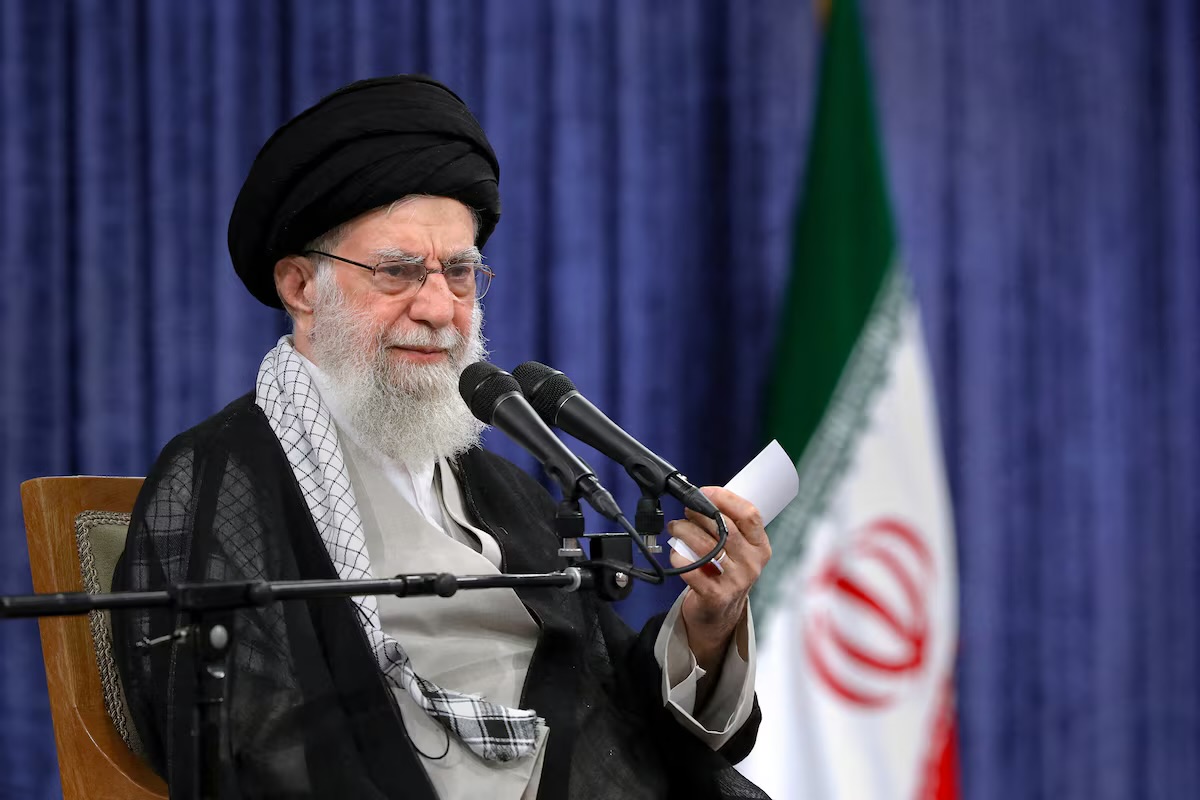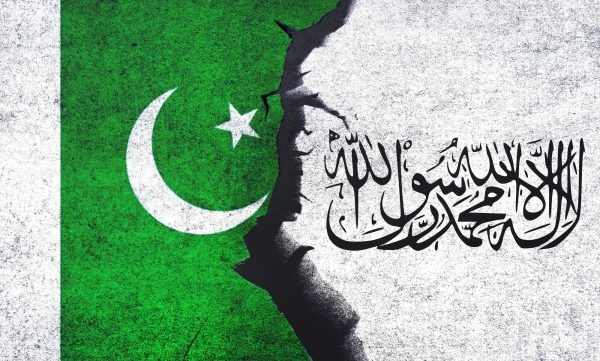By: Amna Amir (Pakistan)
According to UN Women, an estimated 51,100 women and girls were killed in 2023 by intimate partners or family members—about 140 women every single day. These women weren’t attacked by strangers; they were killed by people they once trusted. Africa recorded the highest number, with over 21,700 victims, followed by the Americas and Oceania. While Asia and Europe had lower rates, the numbers remain alarming. These aren’t just statistics, they are real lives. Each number represents a daughter, a sister, a mother, or a friend who was silenced forever. And often, these killings aren’t random acts of violence. They are acts of control, rooted in the belief that a woman can be punished for saying no, for speaking up, or for not conforming.
This isn’t just a global issue. It’s painfully close to home. What pushed me to write about this topic was the murder of 17-year-old Sana Yousaf in Islamabad. A young influencer full of dreams and courage, Sana was harassed by a man she had rejected multiple times. She had said no—clearly, firmly, and bravely.
We need to call this what it is: femicide. It is the killing of a woman simply because she is a woman. According to UN Women, “Femicide is the intentional murder of women because they are women.” It is not about passion. It is about power, patriarchy, and punishing women who choose freedom or independence. In Pakistan, we rarely use the term femicide. We hide behind words like “crime of passion,” “domestic dispute,” or “honour killing.” But when a woman is killed for saying no, for living on her own terms, or for stepping outside the lines society draws—this is not honour, and it’s certainly not love. It is a hate crime. And unless we say that out loud, we continue to excuse it.
Sadly, Sana’s story is not new. In 2016, social media influencer Qandeel Baloch was murdered by her brother in the name of honour. Her only crime was being visible, opinionated, and unapologetically herself. Like Sana, Qandeel was punished for refusing to shrink herself to fit societal expectations. And again, people called it “honour.” But it was femicide, plain and clear.
Yes, Pakistan has laws. Honour killings are criminalised. Murder is punishable. And in many cases, justice is promised—at least on paper. But if laws alone were enough, Sana and Qandeel would still be with us. The truth is, before the law can act, something more powerful needs to be addressed: our mindset. This is not just a legal issue. It is a cultural crisis.
Some children grow up hearing not ideal ideas like “don’t take no for an answer”. When that mindset is left unchecked and fueled by ego, it can become deadly. One of the reasons is lack of education as well if the mothers are educated and aware of norms, they will groom their children accordingly so there is a dire need of education and awareness especially in the Third World countries. But let’s be very clear—no one has the right to take another human being’s life. Murder is never justified—not for love, not for ego, and certainly not in the name of honour.
In cases like Qandeel’s, they claim the killer was “protecting family dignity.” But love does not kill. Hurt pride is not an excuse. No person be it a partner, brother, father, or friend—has the right to take a woman or anyone’s life simply because she or others made their own choices. The moment we start treating such behaviour as understandable, we normalize it. And every time we look away or stay silent, we help it grow.
We must raise our children with better values. They need to be taught the difference between love and control, strength and violence and entitlement. They must understand that no matter the reason—not heartbreak, not humiliation, not “honour”—no one have the right to harm a anyone. If our children are not taught this from the beginning, society will keep paying the price.
Change must begin at home. We must raise children to respect and cooperate, not dominate. We need to stop disguising violence as passion or honour and start calling it what it truly is: a brutal, hateful crime.





